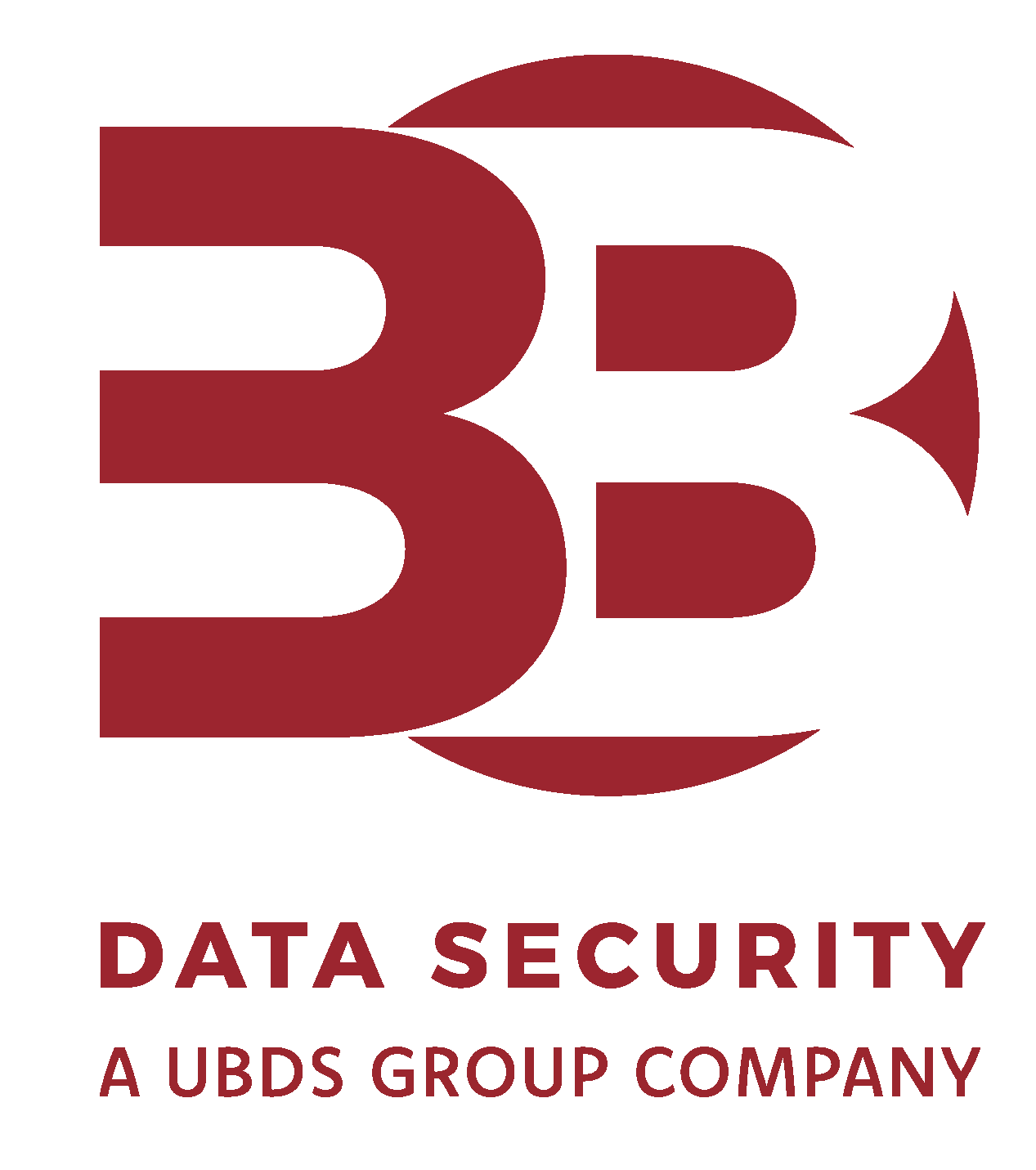3B Data Security Blog
-

PCI DSS Compliance FAQs: What Businesses Need to Know
PCI DSS isn’t just a technical standard. It’s a business-critical framework that helps protect your organisation, and your customers, from the serious risks tied to handling cardholder data. But despite being a well-established standard, many UK businesses still find PCI DSS confusing, overly complex, or just plain hard to keep on top of. Whether you’re…
-

How to Get Started with PCI DSS Compliance: A Step-by-Step Guide
How To Get Started With PCI DSS Compliance The Payment Card Industry Data Security Standard (PCI DSS) is a set of security standards designed to ensure that all companies that accept, process, store, or transmit payment card information maintain a secure environment. In essence, PCI DSS is crucial for safeguarding payment card data, ensuring secure…
-

Cyber Security Statistics That You Should Be Aware Of In 2025
Cyber threats aren’t slowing down, they’re getting smarter, faster, and harder to spot. For businesses, that means the pressure is on to stay ahead of the curve. These days, it’s not a matter of if you’ll face a cyber attack, but when. To stay protected, companies need more than just antivirus software. Robust security policies…
-

Different Types of Penetration Testing and How To Choose the Right One for Your Business
What is Penetration Testing? Penetration testing, also known as ethical hacking or ‘pentesting’, is a cyber security practice that involves simulating real-world cyber attacks to evaluate an organisation’s security defences. The purpose is to identify vulnerabilities in systems, networks, or applications before malicious actors can exploit them. Penetration testing mimics the tactics and strategies used…
-

Understanding Cyber Threats and Their Impact on Businesses
In today’s digital landscape, businesses face an ever-growing range of cyber threats that can cause significant harm and disruption to business operations. Cyber threats involve malicious activities aimed at compromising the security of systems, networks, and data. These threats can disrupt operations, cause financial losses, damage reputations, and expose sensitive information. As businesses increasingly rely…
-

What Is eDiscovery and How Does It Work?
eDiscovery, short for “electronic discovery,” is the process of identifying, collecting, preserving, and analysing electronically stored information (ESI) for use as evidence in legal proceedings, investigations, or regulatory compliance. As much of today’s communication and data storage occurs in digital formats, eDiscovery has become essential in the legal landscape, particularly when seeking to obtain relevant…
-

DORA (Digital Operational Resilience Act) – What You Need To Know
DORA, the Digital Operational Resilience Act, is a regulation introduced by the European Union (EU) aimed at strengthening cyber resilience within the financial sector. It is part of the broader EU digital finance strategy, designed to ensure that financial institutions can withstand, respond to, and recover from ICT (Information and Communication Technology)-related disruptions or threats,…
-

Top Cyber Threats to Look Out for This Black Friday
Black Friday is not just a day for great deals, but also a peak season for cybercriminals. Awareness is key to staying safe. In this blog, we’ll dive into the most common cyber threats you should be aware of during Black Friday.
-

What Is a Credential Stuffing Attack and How Does It Work?
Credential stuffing is a cyber attack method in which attackers use lists of stolen account credentials (which typically consist of usernames/email addresses and the corresponding password) to gain unauthorised access to web application user accounts. The attackers use bots (software applications that are programmed to do specific tasks) to automate large-scale login requests using the…
-

UBDS Group acquires 3B Data Security in its mission to become cyber security powerhouse
London, UK, 4 November 2024 – Leading technology services incubator, UBDS Group, has acquired cyber security specialist 3B Data Security for an undisclosed sum, expanding its security capabilities to become a significant force in the UK cyber security market. Under the terms of the deal, Cambridge-based 3B Data Security will retain its autonomy, including its…
- PCI DSS Compliance FAQs: What Businesses Need to Know
- How to Get Started with PCI DSS Compliance: A Step-by-Step Guide
- Cyber Security Statistics That You Should Be Aware Of In 2025
- Different Types of Penetration Testing and How To Choose the Right One for Your Business
- Understanding Cyber Threats and Their Impact on Businesses





